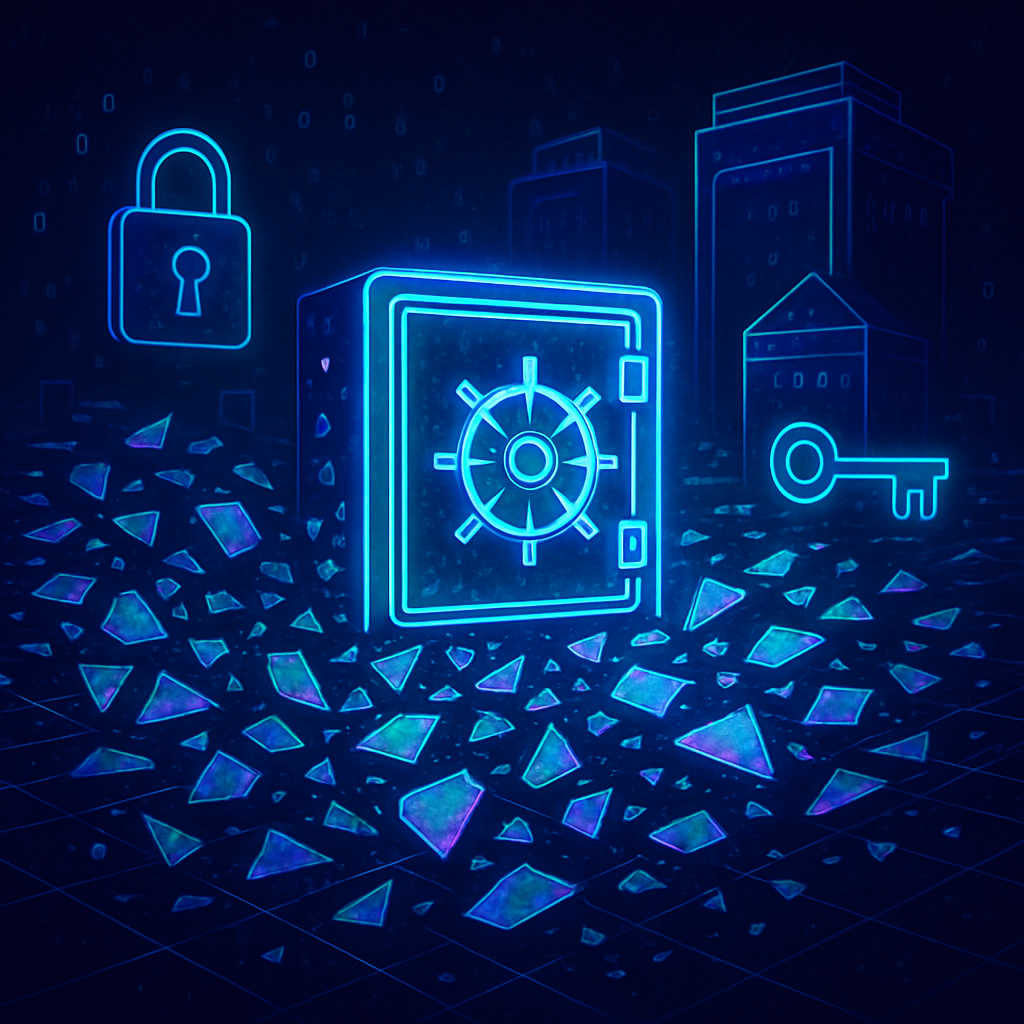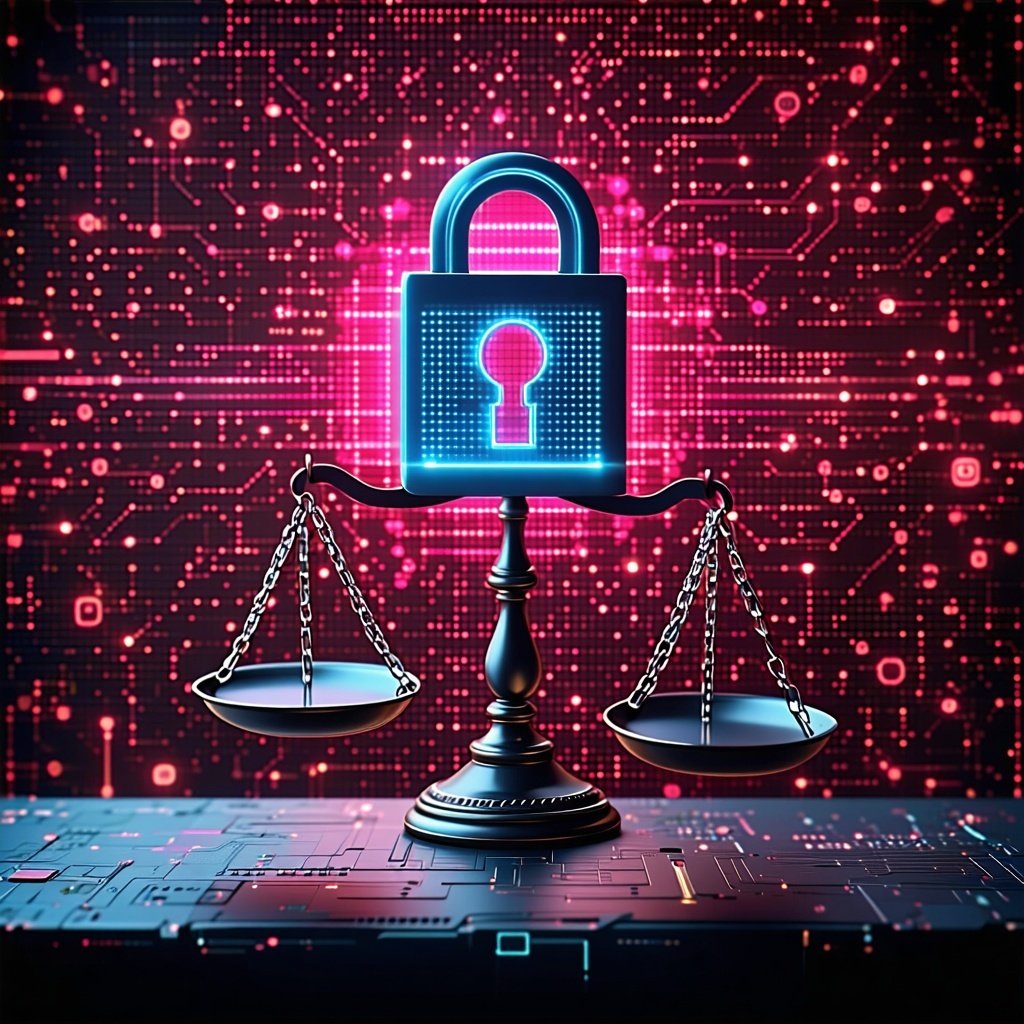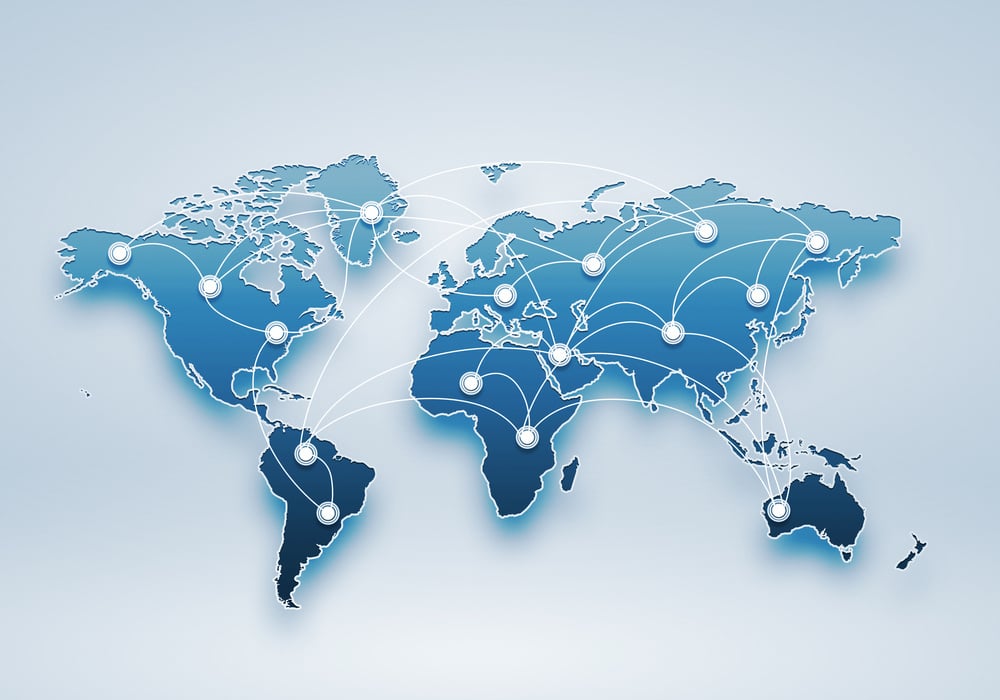CISOs Versus SaaS: The Struggle for Data Security
In recent years, the rise of Software-as-a-Service (SaaS) solutions has disrupted traditional business models, providing organizations with increased flexibility, scalability, and cost savings. However, concerns over security have made some Chief Information Security Officers wary of fully embracing the SaaS model. Today, we’re going to explore the top reasons behind CISOs’ reservations and examine how SaaS providers can address these prevalent security concerns.
Lack of data control
One of the primary concerns raised by CISOs around SaaS solutions is the lack of control over data. In SaaS models, data is typically stored in the cloud and managed by the vendor within infrastructure that is shared among multiple customers. This shared infrastructure raises reasonable apprehensions about data confidentiality and the potential for unauthorized access. CISOs often fear that their organization’s sensitive information could be compromised due to vulnerabilities or breaches in the SaaS provider’s system.
The rise of supply chain attacks also underscores this concern. As Cybercrime Magazine reports, Gartner predicts that 45% of organizations worldwide will have experienced attacks on their software supply chains by 2025.
To address these concerns, SaaS providers must prioritize security as a fundamental aspect of their service. They should invest in robust security measures, including encryption, access controls, and regular security audits. Additionally, SaaS providers need to be transparent about their security practices and provide clear documentation on data protection mechanisms. Implementing industry best practices, such as regularly patching systems and performing vulnerability assessments, is a good starting point to alleviate these concerns.
Vendor lock-in
Another significant concern for CISOs is the risk of vendor lock-in. Adopting a SaaS solution often means relying on a single provider for critical business services — which in turn can raise concerns about the potential for service outages, data loss, and other cyber incidents. CISOs worry that their organization will be left without access to critical systems and data if their SaaS provider experiences disruptions or even ceases operations.
To mitigate these risks, CISOs can negotiate service level agreements (SLAs) that include uptime guarantees, data backup and recovery protocols, and exit strategies. It is crucial for CISOs to carefully evaluate the terms and conditions offered by SaaS providers, ensuring that they align with their organization’s risk tolerance and business continuity requirements. Conducting due diligence and seeking references from existing customers can also help CISOs establish a roster of reliable SaaS providers and mitigate risk.
Data privacy issues
The last major concern that CISOs have about SaaS solutions is the potential for unchecked data. As multiple customers’ data is typically hosted on a shared SaaS infrastructure, there is a strong risk of accidental exposure or unauthorized data access. CISOs worry that their organization’s confidential information could be inadvertently leaked or accessed by unauthorized users.
This is not a baseless worry; data breaches are increasingly common and increasingly expensive. The global average cost of a breach in 2023 was $4.45 million, and 82% of breaches involved data stored in the cloud. The healthcare sector alone saw 133 million records exposed, stolen, or otherwise improperly disclosed in 2023 — more than 2021 and 2022 combined.
To address these concerns, SaaS providers should implement robust data segregation measures to ensure that business customer data remains isolated and protected. Role-based access controls and encryption mechanisms should be put in place to restrict unauthorized access to sensitive data. Finally, regular security audits and penetration testing can help identify vulnerabilities and ensure the effectiveness of these security controls.
The bottom line
Although concerns over security have made some CISOs hesitant to fully embrace SaaS solutions, there are clear ways to address these concerns. With the proper due diligence, SaaS can be a powerful tool for organizations, offering increased flexibility and scalability while maintaining data integrity and confidentiality.
As the SaaS industry continues to evolve, CISOs and SaaS providers must work together to build trust and ensure that security remains a top priority. Implementing robust security measures, negotiating reliable SLAs, and carefully selecting trustworthy SaaS providers are all important steps for organizations to take.
As 2024 unfolds, the need for robust data security and privacy solutions will only become more urgent. The ShardSecure platform offers one way to safeguard sensitive data against unauthorized access, downtime, and other cyber incidents, allowing organizations to harness the potential of SaaS solutions while retaining data control and privacy. To learn more, book a meeting with our team.
.jpg?width=60&name=Bob-Lam--2022--Resized%20(1).jpg)






